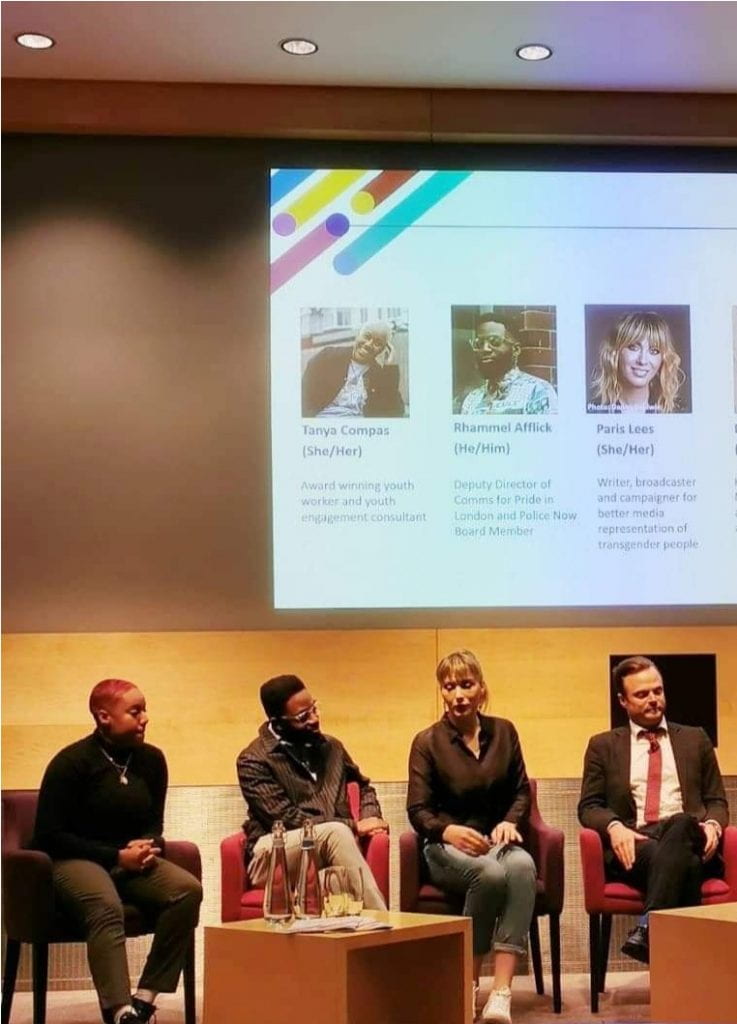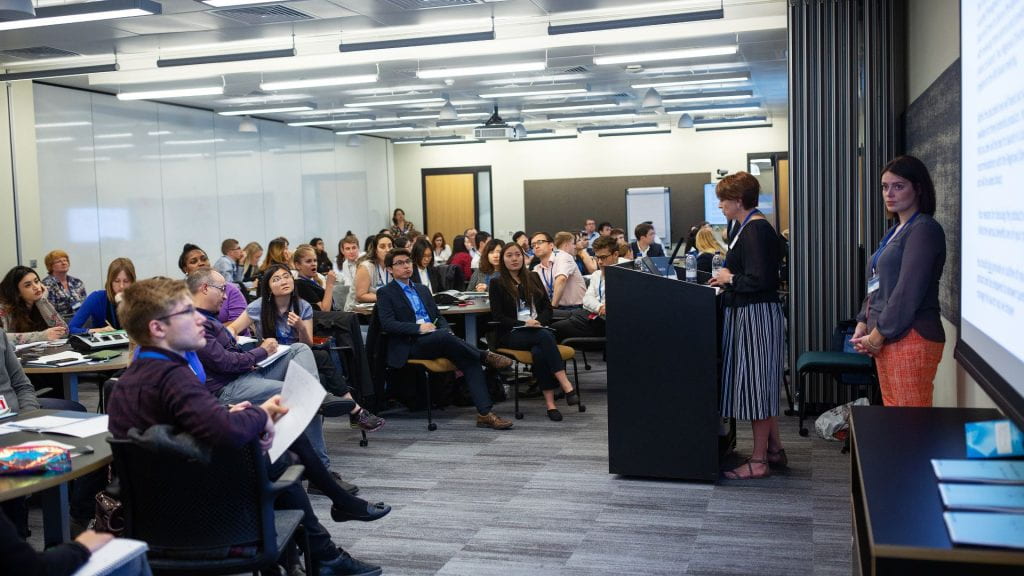My Global Internship: what does it mean to have a ‘global mindset’?
By skye.aitken, on 6 November 2019
Written by Rhiannon Williams, Global Internships Manager at UCL Careers.
 Welcome to the first in a series of blogs aimed at helping students to find, apply for, prepare for and undertake a global internship (usually meaning outside the UK and probably your home country). We will be publishing blogs under the #myglobalinternship tag across the autumn and spring terms, so keep an eye out!
Welcome to the first in a series of blogs aimed at helping students to find, apply for, prepare for and undertake a global internship (usually meaning outside the UK and probably your home country). We will be publishing blogs under the #myglobalinternship tag across the autumn and spring terms, so keep an eye out!
So maybe you’ve been applying for international internships already, or perhaps it’s something you’d like to start doing. Wherever you’re at, you may have come across the term ‘global mindset’ and you might wonder what this actually means.
One of the simpler definitions we like is ‘the ability to operate comfortably across borders, cultures, and languages’ and for a student to be a ‘global graduate’ they need to be able to possess a range of competencies such as team-working, adaptability, resilience and self-awareness.
Why is it important?
In an increasingly globalised workplace, employers require their staff to have intercultural competence to enable them to collaborate effectively with their colleagues and in different cultural settings (such as in a country you may not have experience before). They also need employees from diverse backgrounds to represent their client base, who can also grasp the interconnectedness of international business.
A report from McKinsey’s Global Institute shows that ‘cross-border data flows are increasing at rates approaching 50 times those of last decade. Almost a billion social-networking users have at least one foreign connection, while 2.5 billion people have email accounts, and 200 billion emails are exchanged every day. About 250 million people are currently living outside of their home country, and more than 350 million people are cross-border e-commerce shoppers’.
In addition, ‘increased global interconnectivity puts diversity and adaptability at the centre of organisational operations’ according to the Future Work Skills 2020 report. This means employers are looking for candidates who can keep up with this rate of change and collaborate virtually by working productively and effectively as part of a virtual team (e.g. one across different global sites).
What kind of experiences can you draw upon?
By studying at UCL, you are already in a great position to talk about your experiences of interacting with individuals from different cultures, given that there are over 150+ nationalities represented on campus. You can also demonstrate your global mindset by talking about the following experiences on your applications and in interviews:
- Living abroad (during upbringing or as part of course)
- Picking up language skills
- Transitioning from home to London
- Coming to London from outside of the UK
- Representing one organisation at its interface with another in a different region/country/culture
- Presenting papers at international conferences or in committees
- Having an interest in current affairs, listening to/reading global business news (be prepared to back this up)
- Independent travel
- Sensitivity to different regional/class/cultural attitudes, e.g. travel, voluntary work, vacation jobs
Plus, if you decide to undertake a global internship in summer 2020 then that will enhance your global mindset even further! For further reading about global skills, you may enjoy the QS 2019 Global Skills Gap Report which aims to provide a greater understanding of the gaps between graduate skills and employer expectations around the world. You can also book a careers appointment to talk about these skills and explore how you can highlight yours to future employers!
Future blogs in the series will look at:
- How to find international internships
- Making applications for international internships
- Conducting video interviews for overseas roles
- Preparing for your time abroad
- Working in a global workplace
 Close
Close







